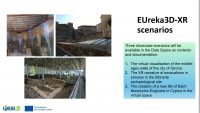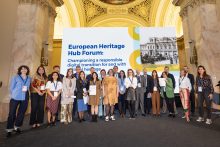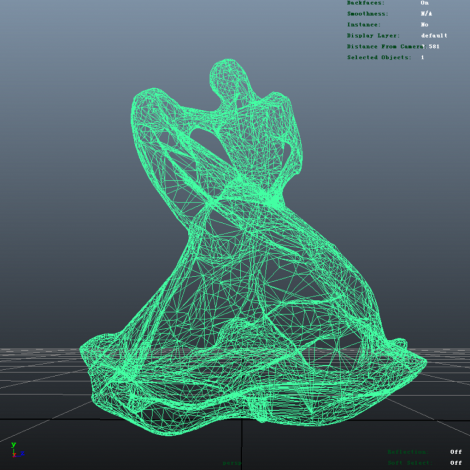
3D digital creating, by Situ Xiaochun
EUreka3D is a project funded by the Digital Europe Programme of the European Union, to support the digital transformation of the cultural heritage sector, by offering capacity building and training, and new services, to Cultural Heritage Institutions facing the challenge of advancing in the digitization effort, especially in 3D digitization, access, storage, sharing.
The project will offer a capacity building and knowledge programme, next to services and resources developed in a piloting action based on smart technical infrastructures and tools, also registered on the European Open Science Cloud (EOSC). This virtual space will allow cultural heritage institutions to use storage and computing resources to manage their 3D assets, which will give smaller institutions an affordable and simpler way to digitise, model, manage and share 3D records.
Additionally, the project will aggregate and publish a variety of high-quality 2D and 3D digital records in Europeana.eu website as well as offer clear examples for the use and reuse of the cultural content in neighbouring areas such as tourism and education. Finally, it will support institutions by developing training material for 3D digitisation, data processing and publication on Europeana.eu as well as organising training activities to support cultural heritage institutions with the use of the virtual space. The project will perform an impact assessment to enable the sustainability of the virtual space.
The kick-off meeting is organized by the project coordinator PHOTOCONSORTIUM in Pisa on 23-34 January 2023.
EUreka3D factsheet:
- Project’s name: European Union’s REKonstructed content in 3D
- Grant Agreement nr: 101100685
- Start date: 01/01/2023
- EU Grant: 999.754,50 Eur
The project runs for 24 months and is led by PHOTOCONSORTIUM, International Consortium For Photographic Heritage (Italy).
The other members of the consortium are:
- Cyprus University Of Technology (CUT), Cyprus
- Centre for Image Research and Diffusion (CRDI) Girona, Spain
- Bibracte, France
- Museo Della Carta Di Pescia, Italy
- Europeana Foundation, The Netherlands
- EGI Foundation, The Netherlands
- Academic Computer Center CYFRONET AGH, Poland


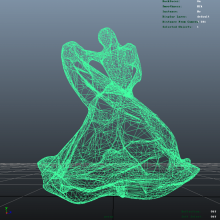
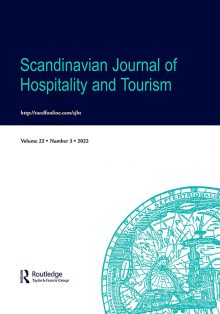
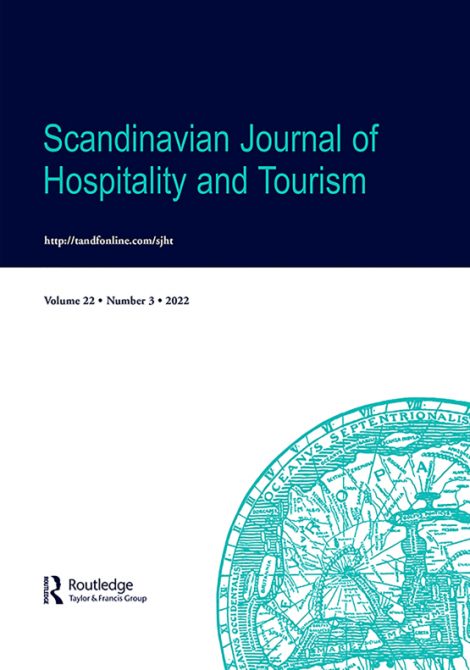 Understanding the scope and consequences of tourism flows is a key challenge for researchers, planners and place marketers alike. In order to mitigate harmful effects of tourism and the uneven distribution of visitors, we need to advance our views on how, why, when and where individuals move in a certain destination. Since the rise of mass tourism, scholars and practitioners have attempted to develop models to assess visitors’ real-time mobility and spatiotemporal consumption in popular tourism places, but scientific progress mostly concerned conceptual approaches (Lew & McKercher, 2006).
Understanding the scope and consequences of tourism flows is a key challenge for researchers, planners and place marketers alike. In order to mitigate harmful effects of tourism and the uneven distribution of visitors, we need to advance our views on how, why, when and where individuals move in a certain destination. Since the rise of mass tourism, scholars and practitioners have attempted to develop models to assess visitors’ real-time mobility and spatiotemporal consumption in popular tourism places, but scientific progress mostly concerned conceptual approaches (Lew & McKercher, 2006).
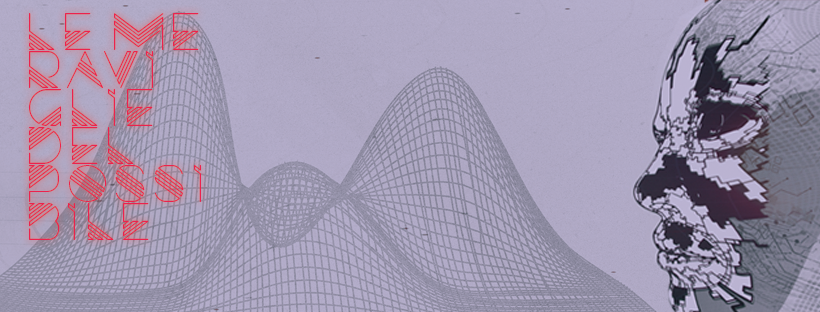
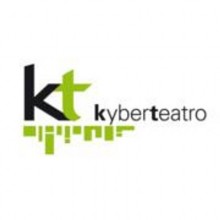
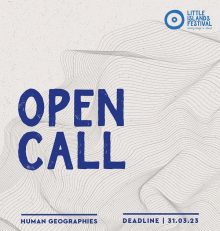
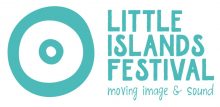 The Festival that connects the Aegean landscape and nature with Audiovisual Arts, Little Islands Festival (LIF) is addressing an open call towards all artistic communities experimenting with hybrid artistic practices at the boundaries of the performing and digital arts.
The Festival that connects the Aegean landscape and nature with Audiovisual Arts, Little Islands Festival (LIF) is addressing an open call towards all artistic communities experimenting with hybrid artistic practices at the boundaries of the performing and digital arts.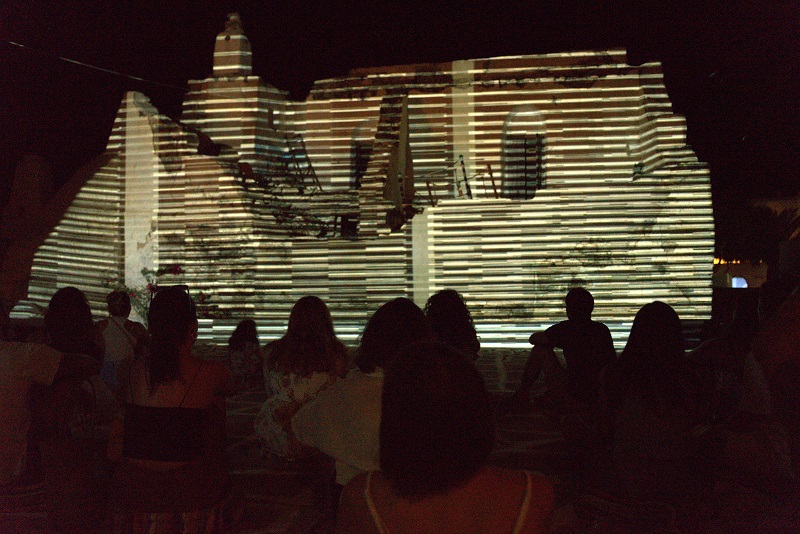
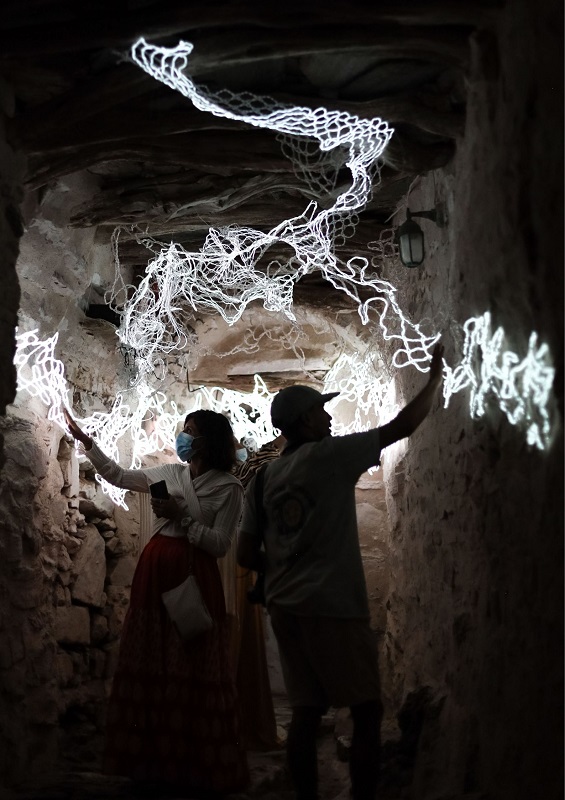 Proposal Categories
Proposal Categories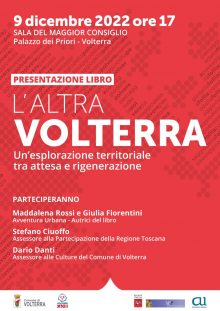
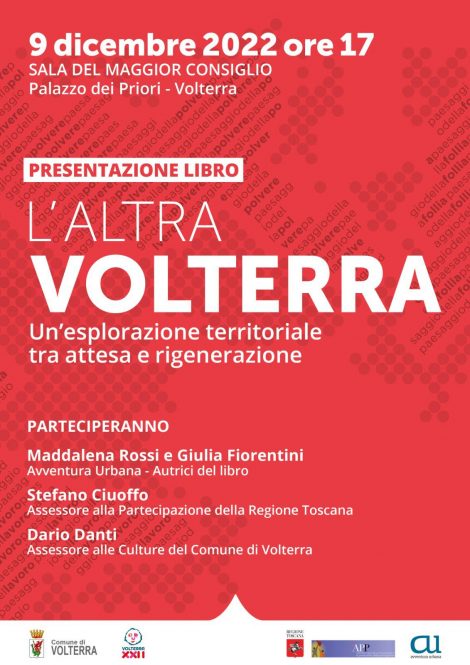
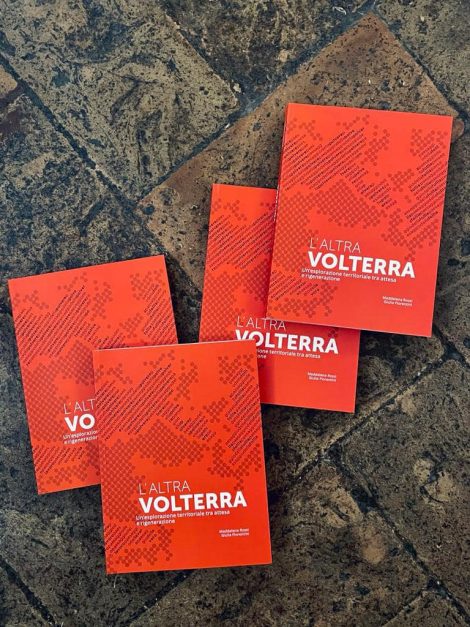 The book, written by the professionals of Avventura Urbana srl, company that took care of the participatory process, according to the Mayor and the Councilor “represents a reference for the reconstruction of the collective history of Volterra and its territory” thanks to the restitution “analysis, lived stories, collective memory, suggestions, emotions and possible projects of human-urban regeneration: giving meaning to Volterra visible through the invisible Volterra”.
The book, written by the professionals of Avventura Urbana srl, company that took care of the participatory process, according to the Mayor and the Councilor “represents a reference for the reconstruction of the collective history of Volterra and its territory” thanks to the restitution “analysis, lived stories, collective memory, suggestions, emotions and possible projects of human-urban regeneration: giving meaning to Volterra visible through the invisible Volterra”.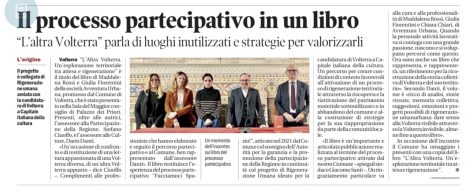
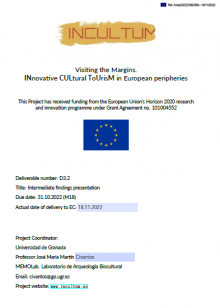
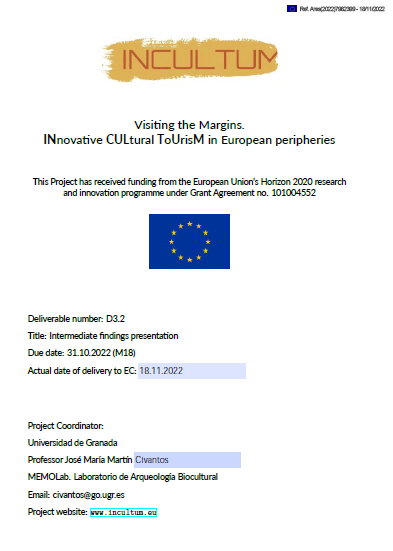 It is now available in the project’s website the recently released D3.2 Intermediate findings presentation for Data Analysis, an extensive document which provides apreliminary results of data analysis focused on the
It is now available in the project’s website the recently released D3.2 Intermediate findings presentation for Data Analysis, an extensive document which provides apreliminary results of data analysis focused on the 




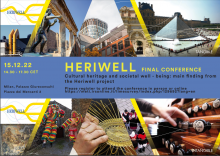
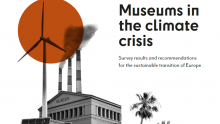
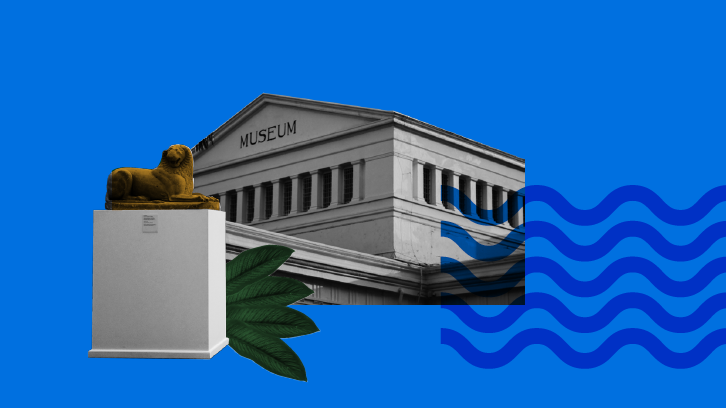
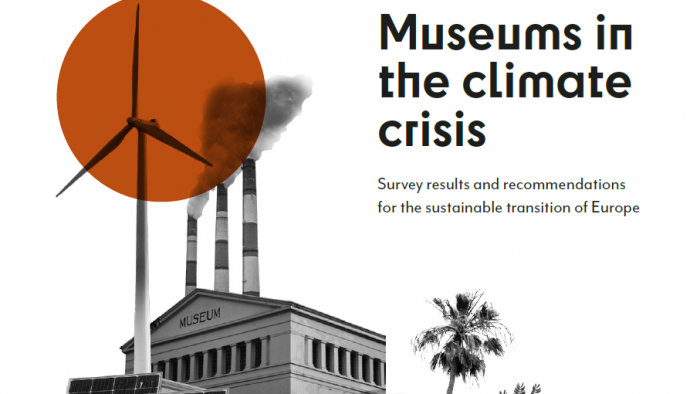
 If you have interesting news and events to point out in the field of digital cultural heritage, we are waiting for your contribution.
If you have interesting news and events to point out in the field of digital cultural heritage, we are waiting for your contribution.





























